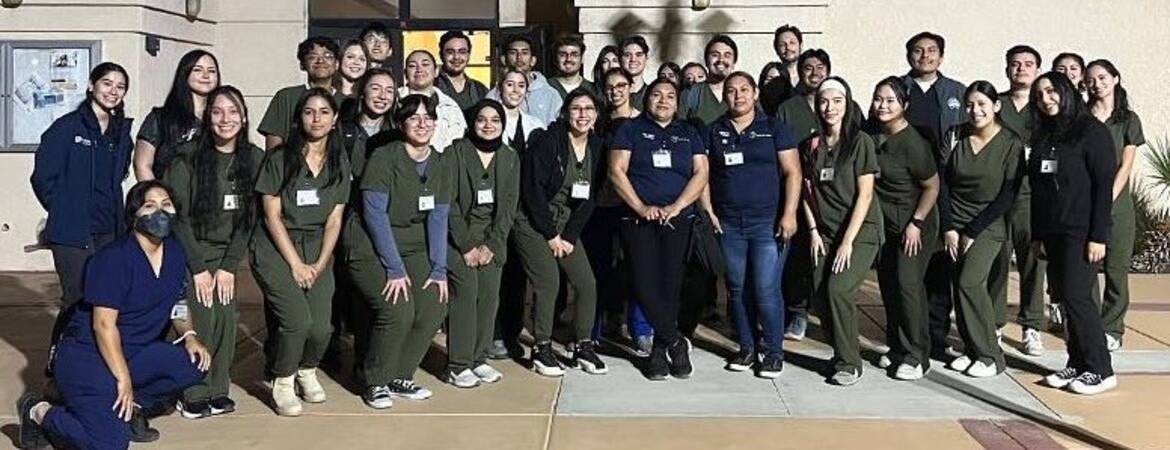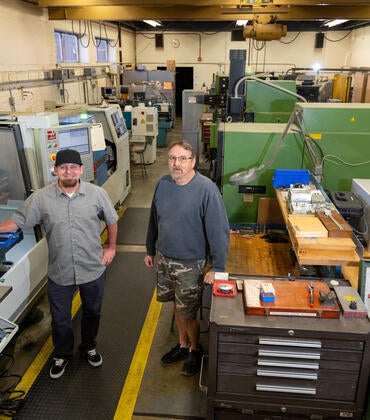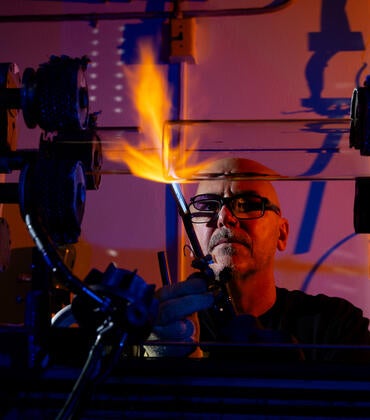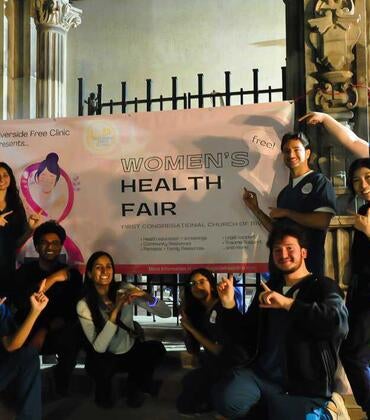Ann Cheney, an associate professor of social medicine, population, and public health in the UC Riverside School of Medicine published a perspective article in the journal Frontiers in Health Services that discusses the crucial role student-run free clinics, or SRFCs, play in developing leadership skills in medical students while also addressing healthcare disparities. Noah Baltrushes, a medical student at UCR, and two UCR alumni, Daniel Gehlbach and Armando Navarro, are coauthors on the article.
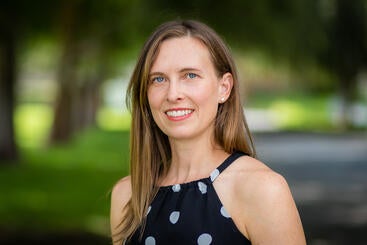
The authors focus on the Coachella Valley Free Clinic, or CVFC, which was created in 2019 to serve a rural, underserved Latinx and Indigenous Mexican community. The clinic model, developed by medical students in collaboration with community health workers and federally qualified healthcare centers, focused on delivering culturally sensitive and linguistically appropriate care, which helped address significant barriers to healthcare access.
A study examining healthcare barriers and community health priorities among Latinx and Indigenous Mexican immigrant farmworkers in rural Inland Southern California highlighted the need for the CVFC. This region, home to a significant Purépecha community from Michoacán, Mexico, faces high poverty rates, poor housing, and limited healthcare access. Many residents are undocumented or uninsured.
Through their involvement in the CVFC, medical students honed skills like problem-solving, partnership-building, and resource management. They also developed an understanding of how structural factors — such as race, ethnicity, citizenship status, and geographic location — shape health outcomes. The clinic’s innovative “pop-up” model and flexible service hours helped overcome barriers faced by agricultural workers, such as lack of sick leave and transportation.
“SRFCs allow students to engage directly with underserved communities, build partnerships, and develop care models that cater to the needs of vulnerable populations,” said Cheney, the faculty director of the CVFC. “SRFCs like the CVFC are instrumental in preparing medical students to address health disparities, equipping them to become future leaders who can create sustainable, patient-centered healthcare solutions for marginalized communities.”
The authors received funding from the Riverside University Health System. Gehlbach is a resident in family medicine at UCLA. Navarro is a resident in family and community medicine at UC San Francisco. Gehlbach and Navarro got their medical degrees at UCR.
The title of the perspective is “Becoming a leader for underserved patients—the importance of student run free clinics.”
